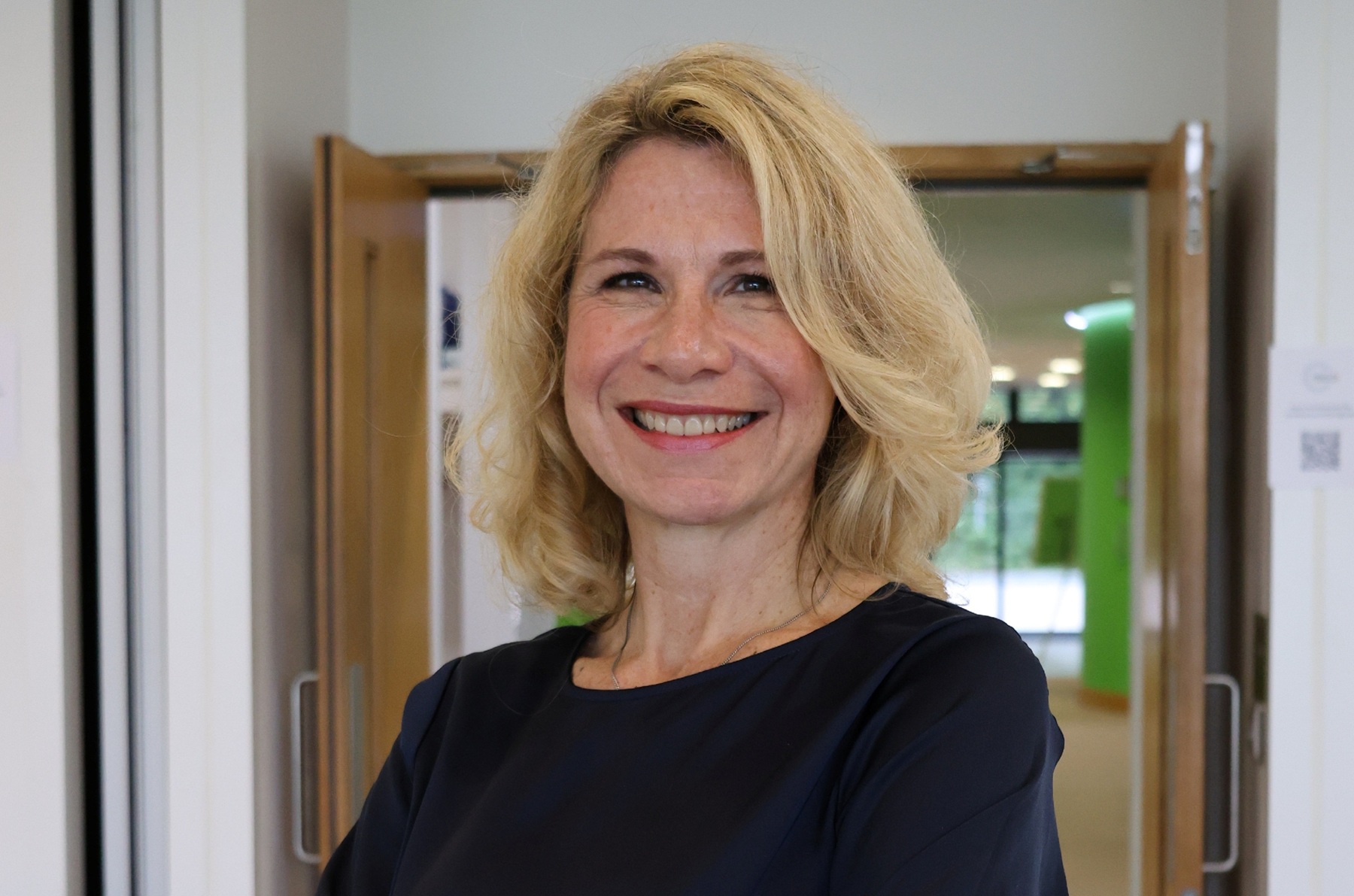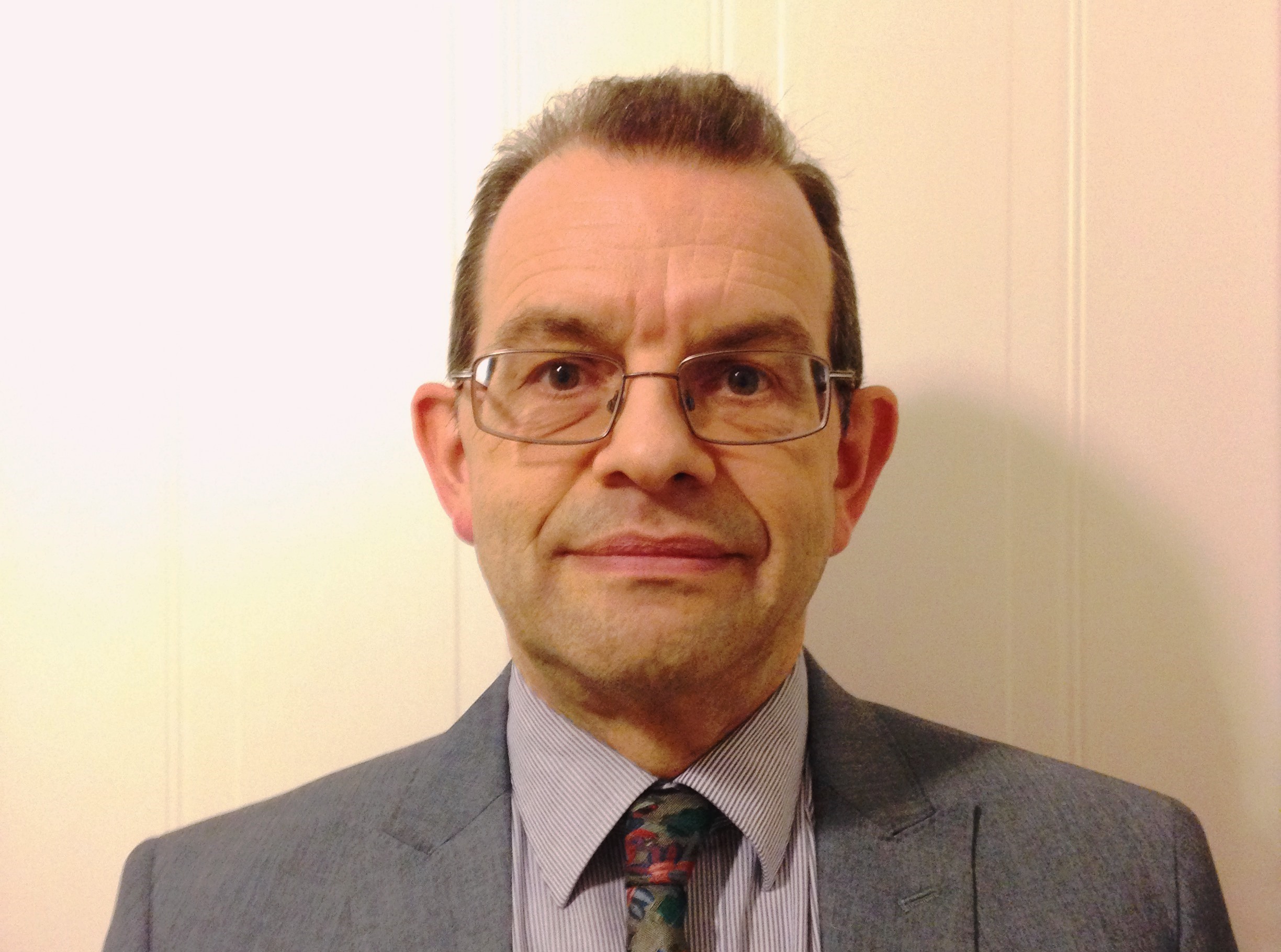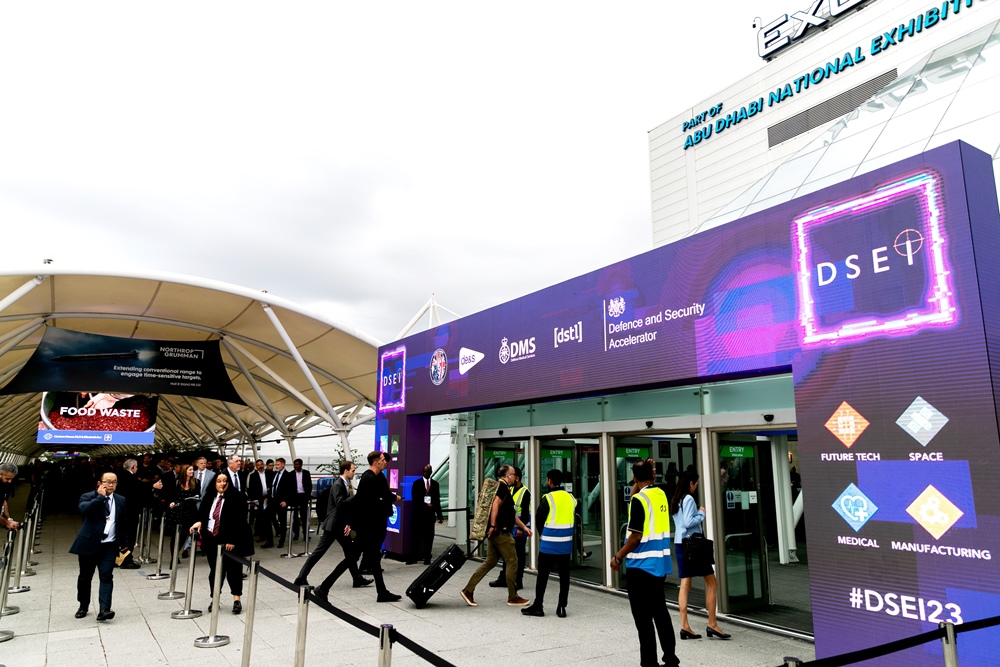Addressing aerospace skills shortages

Image courtesy Baker Dearing Educational Trust
The Marshall Skills Summit , which I was privileged to attend and address, was organised to bring together leaders from industry and academia to discuss the skills shortages affecting the aerospace sector.
The lack of skilled and available workers is not just affecting aviation, however. The Edge Foundation, in its 2023 skills shortage bulletin , reported how different parts of the UK economy face shared and unique problems with recruiting and retaining staff.
For instance, many sectors have found their ability to recruit has been hit by Brexit and COVID. Yet certain sectors have reported that their recruiting could be adversely affected by the government’s proposals to strip public funding from multiple popular BTEC qualifications.
The around 50 University Technical Colleges , science and technology secondary schools which the Baker Dearing Trust supports, have seen these shortages grow over the years, especially in the engineering sector.
UTCs specialise in teaching industry skills
Set up over 10 years ago by former education secretary Lord Baker and former Post Office chief executive Lord Dearing, the UTC programme was intended as a remedy for schools not addressing employers’ need for work-ready 18-year-olds, armed with the technical skills suited to the modern economy.
Each UTC is developed in partnership with universities and local employers, with a curriculum specialised to meet local needs. For instance, London Design and Engineering UTC which is next to London City Airport offers a dedicated pathway for over 100 learners into aviation and engineering to meet the needs of its employer partners.
UTCs have made a significant contribution to the number of young professionals entering engineering apprenticeships. Last year, one quarter of young people aged 18 left a UTC and progressed into an apprenticeship, which is six times the national average.
Yet crucially, UTC students are prepared for careers, not a career. In addition to delivering engineering courses, London Design and Engineering UTC, as the name suggests also offers qualifications and pathways to ensure young people can progress into digital, creative media and construction-related careers. Crucially, all pathways are designed and supported by employer partners.
As our director of innovation and learning Kate Ambrosi told the House of Lords’ Education for 11-16 Year Olds Committee last month: “UTCs are specifically set up to prepare young people for the world of work, though not for making them go down one particular path.
“Whatever they learn through their engineering courses, for example, can be applied in many different sectors.”
Aerospace industry should look beyond set criteria for new hires
It is that flexibility in our approach that the aerospace industry must adopt if it is to find lasting solutions for skills shortages.
Employers, when hiring young people, should not focus too intensely on whether the applicant has the exact skills needed for the role. Instead, look at whether the young person has relevant training in another field which could transfer over to aerospace.
Also, the industry needs to put more weight behind their personal attributes, such as resilience in the face of obstacles. UTCs, in addition to the technical skills they teach young people, also help build students’ confidence to work as a team and communicate as these skills are equally important in a modern workplace.
Hiring young professionals with a more diverse set of skills and attributes will not only fill shortages but will enhance the organisation’s cognitive diversity, which is the measure of the different ways that separate employees think and act.
A study reported on in the Harvard Business Review in 2017 found that a “high degree of cognitive diversity could generate accelerated learning and performance in the face of new, uncertain, and complex situations”.
In an industry such as aerospace, where the ability to innovate will be crucial for meeting complex challenges such as low carbon aviation , companies will need to have smart, varied voices feeding into discussions. The first step to achieving this is embracing the flexibility to look beyond set criteria and hire young people with varied but relevant skills.
UTC Sleeves will break schools’ academic mindset
Yet hiring skilled, independent-thinking young people, requires a supply of such people. There are around 20,000 students between the ages of 11 and 18 at University Technical Colleges currently. However, our country needs other schools to be encouraging more young people to actively pursue technical careers.
To that end, the Baker Dearing Educational Trust is currently discussing with schools, employers and the Department of Education about setting up a series of ‘UTC Sleeves’.
Based within existing schools but with their own staff, facilities and governors with backgrounds in local industry, UTC Sleeves will deliver an alternative technical education pathway for students who do not want to follow the traditional academic education route.
The UTC Sleeve proposal is intended to widen the technical education opportunities available for young people around the country, helping train up the next generation of professionals to fill key skills shortages.
A number of employers are working with us on this proposal, as they see the benefit in improving the provision of technical education in schools. If you are interested in discussing the UTC Sleeve proposal in more detail, please get in touch with us at director@utcolleges.org












